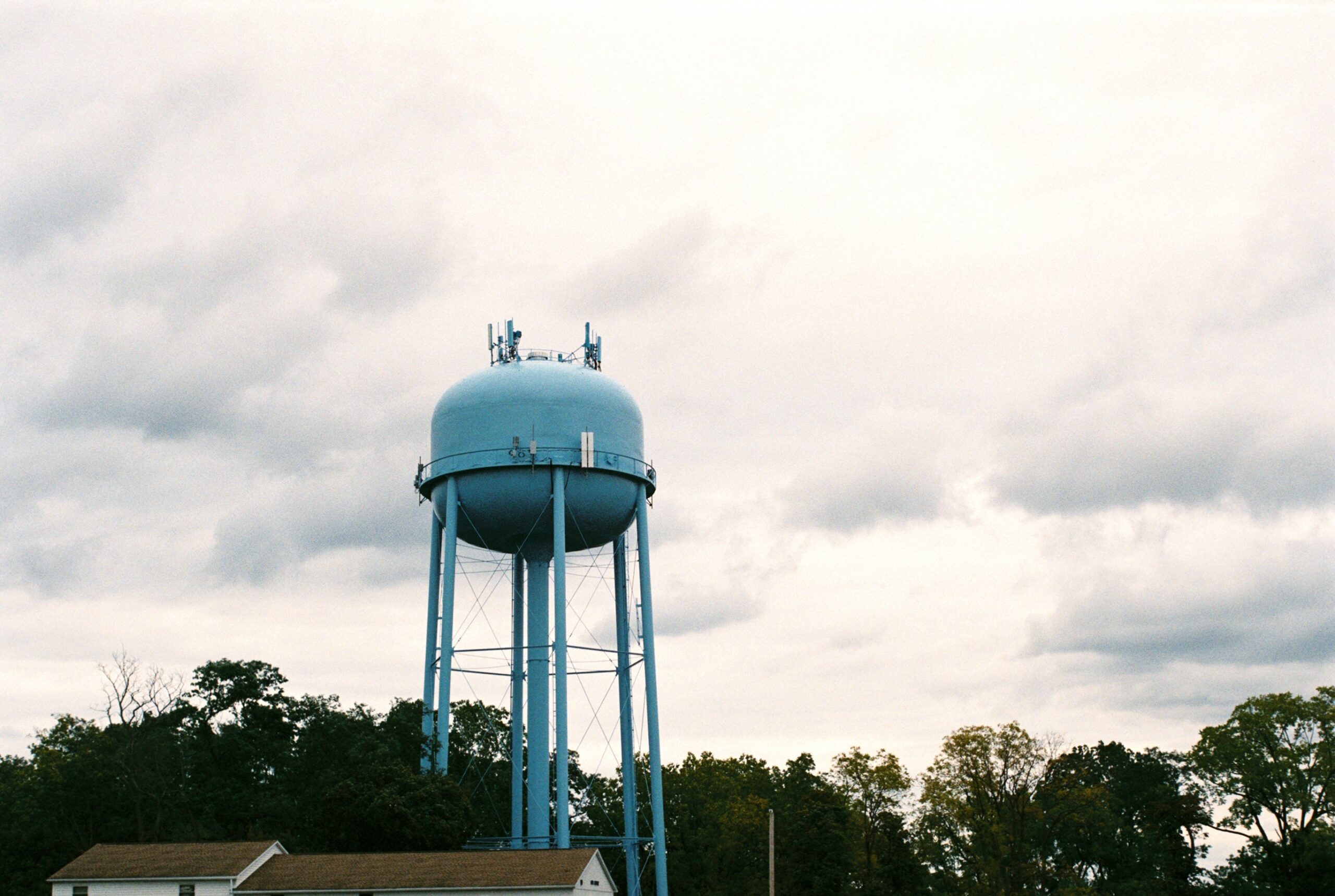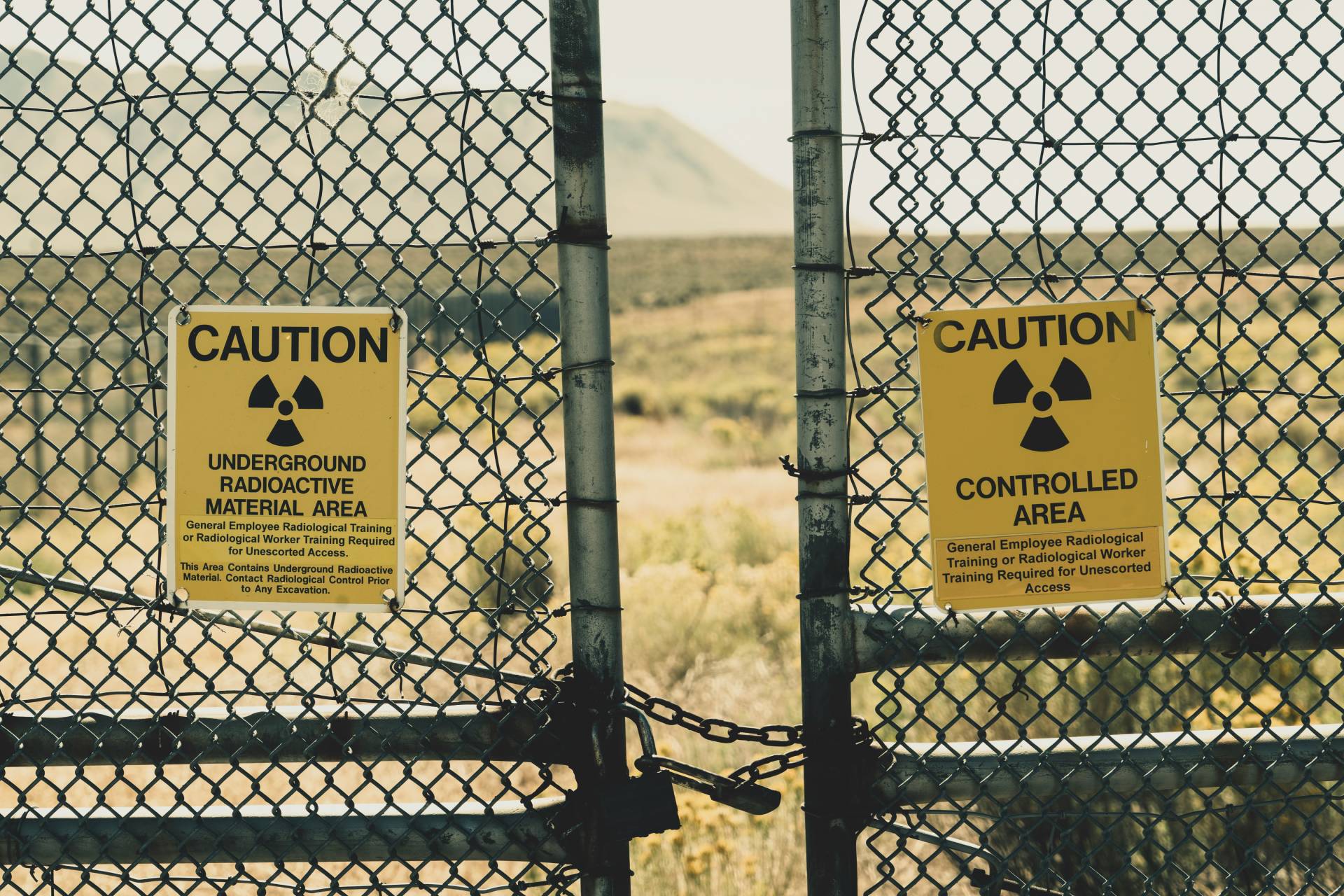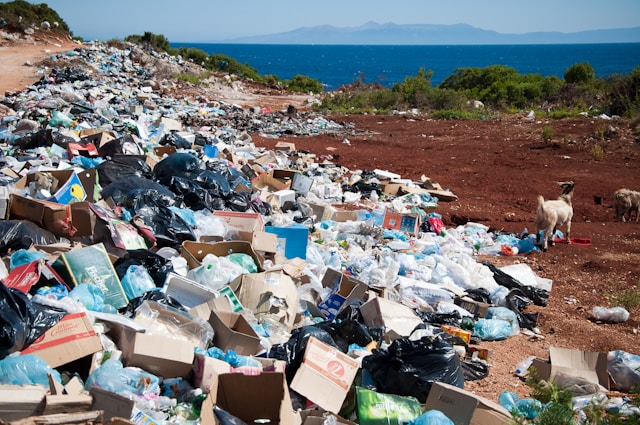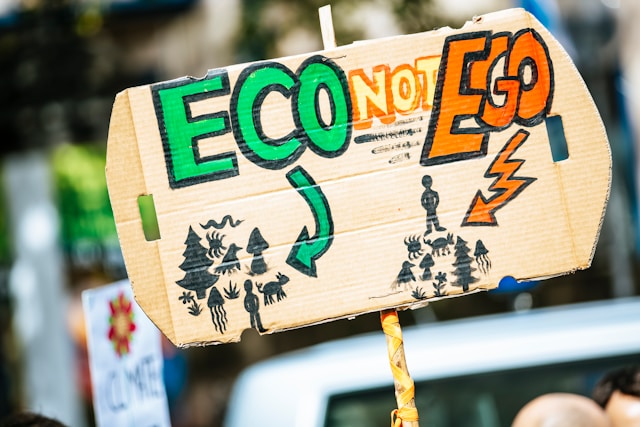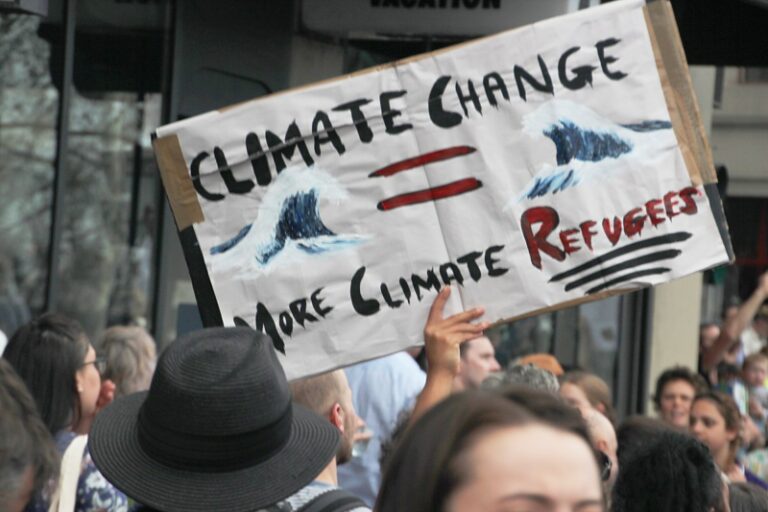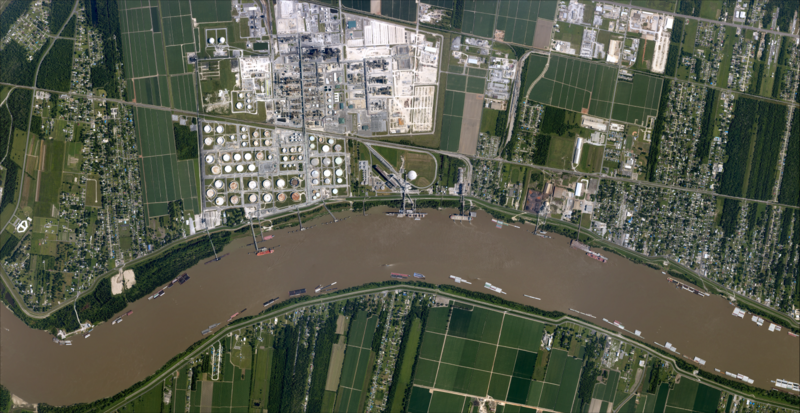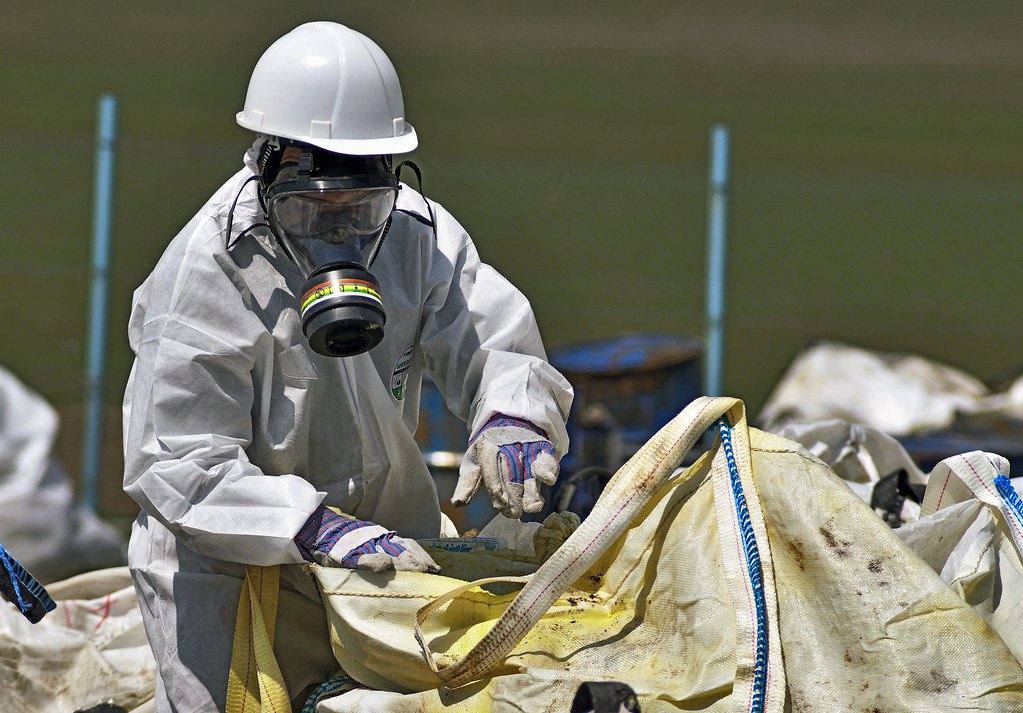Exploiting the Earth: U.S. Policy Towards Rare Earth Elements
By: Matthew Warren
Recently, the American news cycle has been focused on rare earth elements, or “rare earths.” From President Trump’s remarks about acquiring Greenland, to a possible transfer of Ukraine’s mineral rights to the U.S., to China’s reaction to increased tariffs, rare earths remain central to the geopolitical conversation. But what are these elements? Why are they in such demand? And how does this affect mining and the environment?


